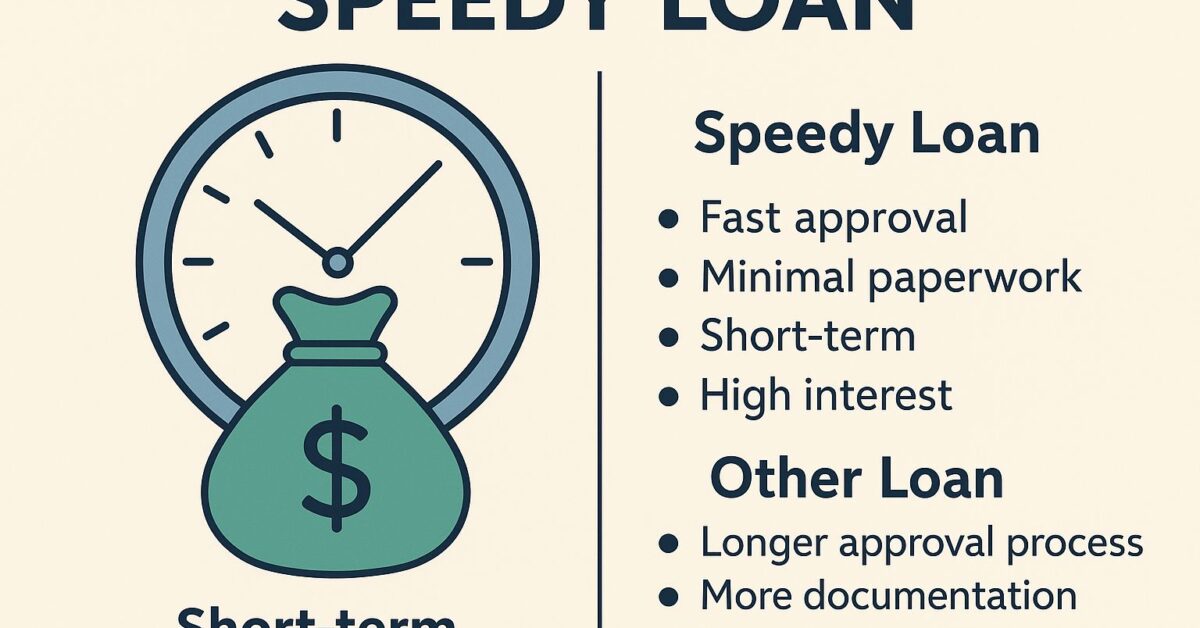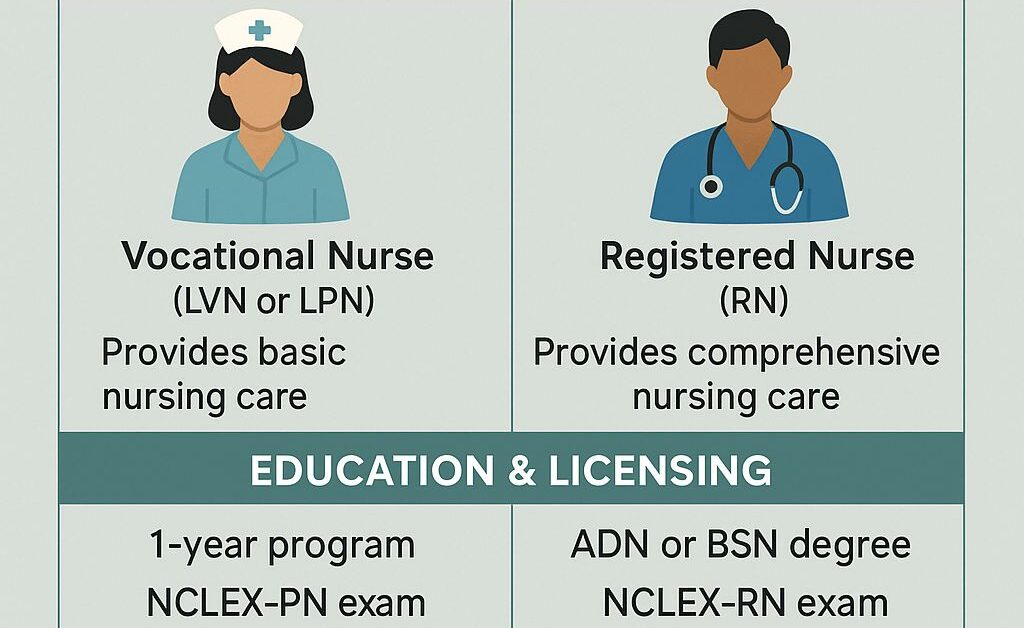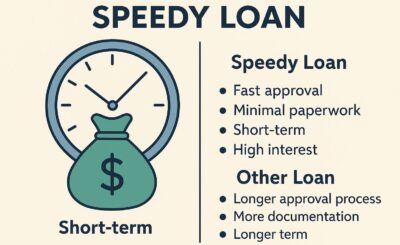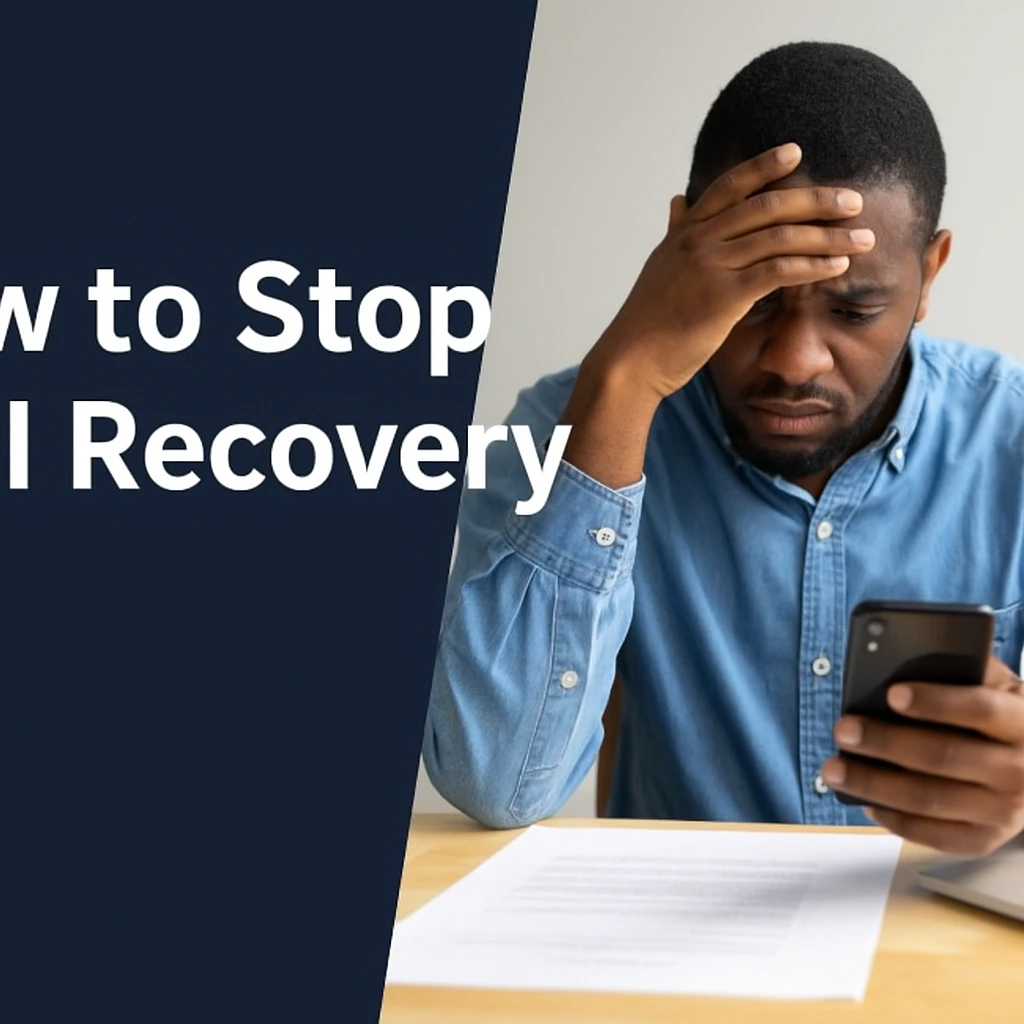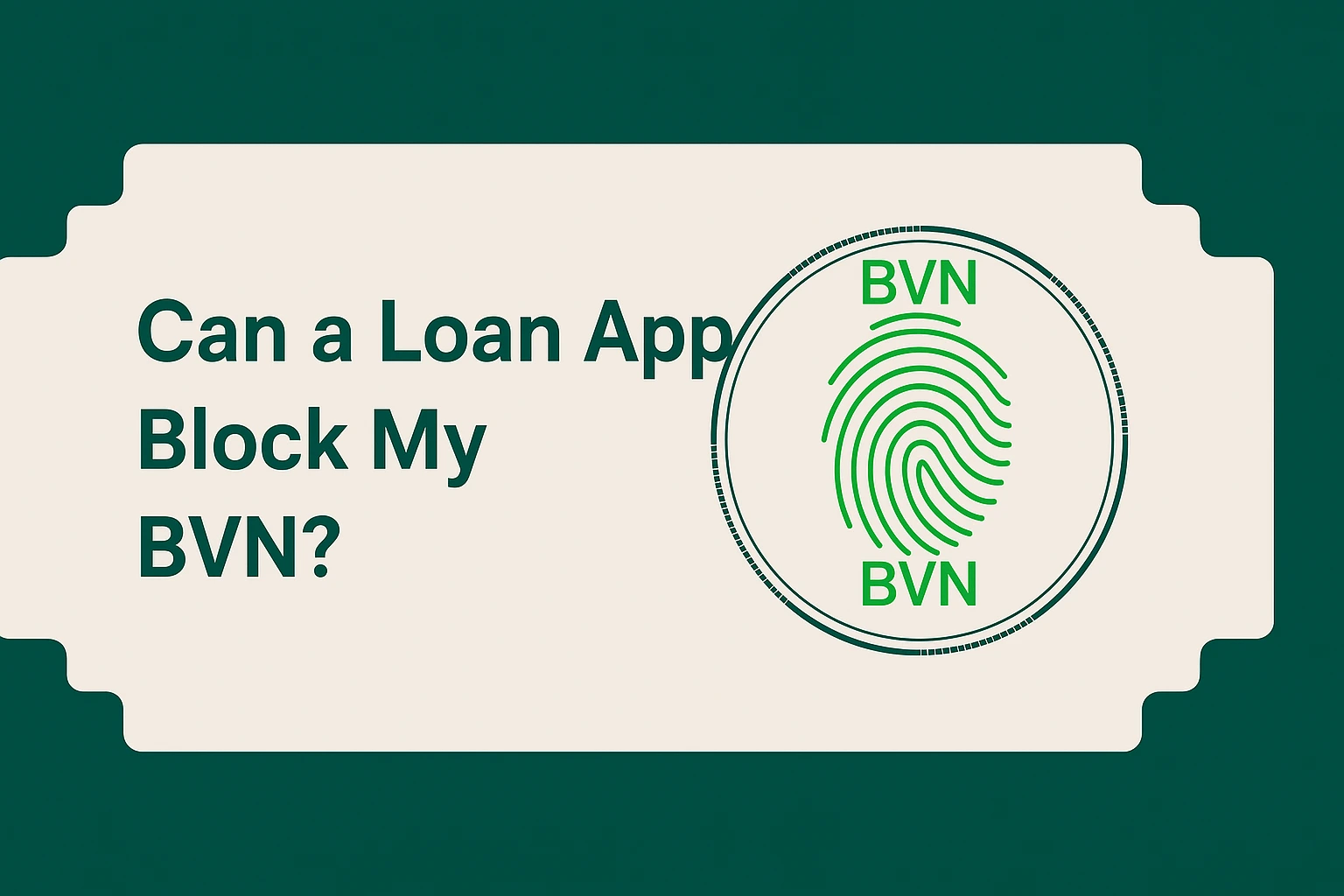If you have ever taken a bank loan in Nigeria, you may have come across the term GSI mandate. It is a policy that has significantly changed the way Nigerian banks recover loans from borrowers. But what exactly is GSI, how does it work, and why has the Central Bank of Nigeria (CBN) extended this policy indefinitely?
The GSI, or Global Standing Instruction, was introduced to address a major challenge in Nigeria’s financial system: loan recovery. Before the GSI was introduced, it was common for borrowers to take out loans from one bank, move their money to another bank, and avoid repayment altogether. This practice created a serious problem for banks, leading to a high level of non-performing loans and threatening the stability of the financial system.
To solve this issue, the CBN introduced the GSI policy in 2020. It allows banks to recover unpaid loans from a borrower’s other bank accounts, using the Bank Verification Number (BVN) to track and access funds. In 2022, the CBN extended this policy indefinitely because it has proven to be an effective tool for improving loan repayment and strengthening the banking sector.
In this article, we will take a closer look at the GSI loan recovery policy and mandate, how it protects Nigerian banks, how it affects borrowers, and address common questions about GSI. Whether you are considering taking a loan or already have one, it is important to understand how this policy works so you can manage your finances wisely and avoid unexpected deductions.
Let’s explore everything you need to know about GSI in Nigeria.
What is GSI?
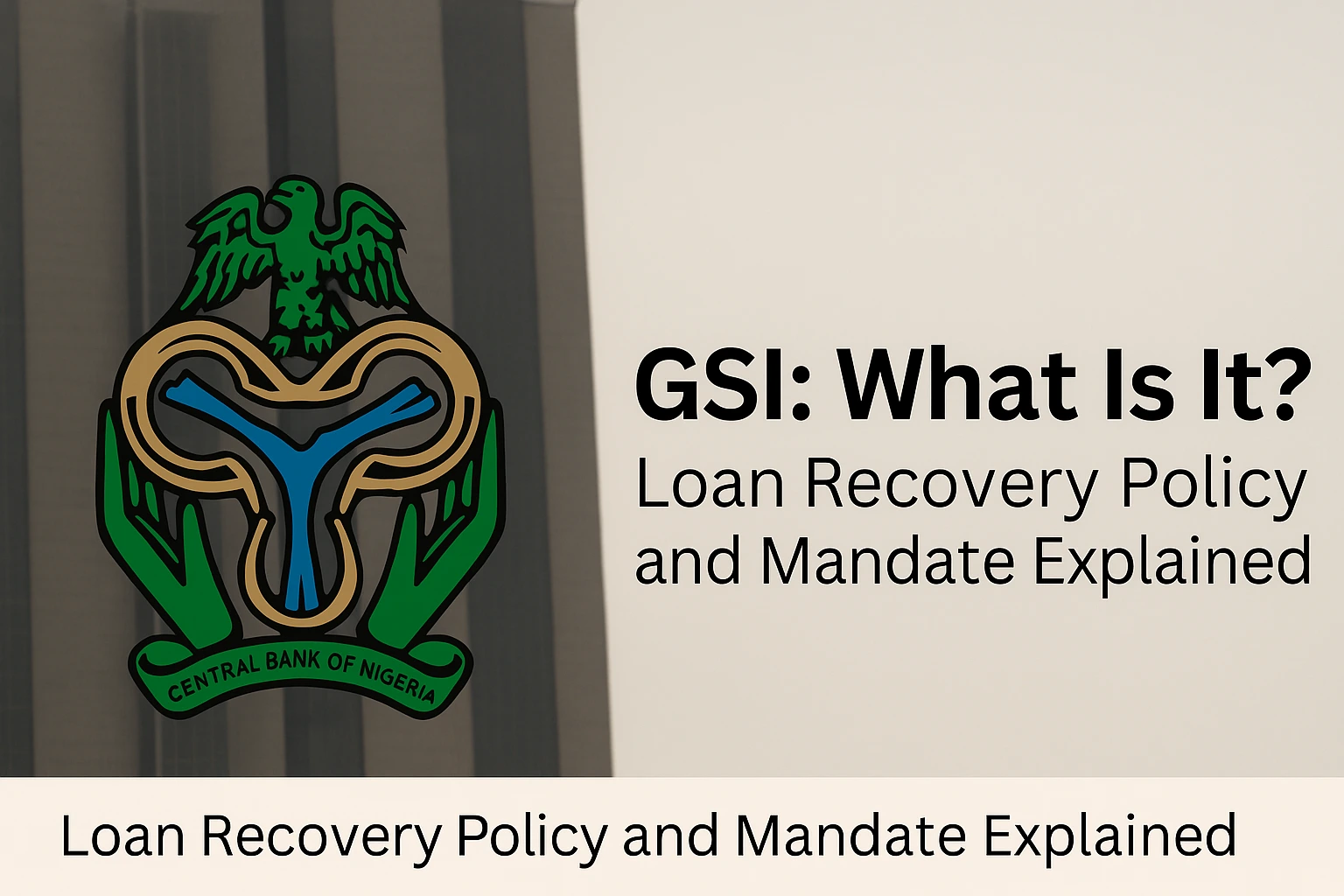
GSI stands for Global Standing Instruction. It is a loan recovery policy introduced by the Central Bank of Nigeria (CBN) in 2020 to help banks recover unpaid loans. The system works by linking a borrower’s BVN (Bank Verification Number) to all their bank accounts across Nigeria’s banking system.
When a borrower takes out a loan, their BVN is tagged with that loan agreement. If the borrower defaults, the lending bank can activate the GSI to recover the unpaid loan from any other bank account owned by the borrower, without the need to go through a legal process. This can include savings accounts, current accounts, fixed deposits, and other accounts, even if those accounts are held in different banks.
In other words, if you take a loan from Bank A and refuse to repay, GSI allows Bank A to automatically deduct money from any other bank accounts you own, until the debt is fully repaid.
Why Was the GSI Introduced?
Before the GSI was introduced, many Nigerian borrowers exploited loopholes in the banking system to avoid repaying their loans. It was common for customers to take loans from one bank and then move their funds to another bank to evade repayment.
The problem was not always that borrowers lacked the ability to pay, but rather that some simply lacked the willingness to pay. This behaviour contributed to the rising level of non-performing loans (NPLs) in Nigerian banks, making it harder for banks to lend money and increasing risks to the financial system.
The CBN introduced the GSI policy to solve this challenge. By allowing banks to recover funds from any account linked to a borrower’s BVN, the policy discourages deliberate loan evasion and encourages greater accountability in the lending process. It also helps banks improve their loan recovery rates and maintain a healthier credit system.
GSI Loan Recovery Policy and Mandate Explained
The GSI loan recovery policy is built on several key principles that borrowers in Nigeria should understand clearly.
First, the linkage via BVN is central to how GSI works. When you take a loan, your BVN is linked to the loan agreement. This allows your lender to monitor and recover funds from any bank account associated with your BVN.
Second, GSI enables cross-bank loan recovery. If you default on your loan, your lender can trigger GSI to recover the debt from your other bank accounts. This applies to savings accounts, current accounts, fixed deposits, and any other account linked to your BVN, even at different banks.
Third, the GSI mandate remains valid until your full loan amount, including principal and interest, is recovered. There is no time limit on this mandate. Even if you open new bank accounts or move money around, the GSI remains in place. If funds enter your accounts in the future, your lender can activate the GSI again to recover the remaining debt.
Finally, banks are required to maintain transparency in this process. They must notify borrowers before activating GSI and provide statements after each deduction. This ensures that borrowers are kept informed about how the policy is being applied to their accounts.
How GSI Protects Nigerian Banks
The GSI policy has had a major positive impact on Nigeria’s banking system. One of the biggest benefits is the reduction of non-performing loans. Since the introduction of GSI, Nigerian banks have been able to recover loans that would otherwise have been lost.
This improved ability to recover debts strengthens the overall financial system. Banks are now more willing to offer credit, knowing that they have a reliable mechanism for loan recovery. It also protects the funds of depositors, as stronger loan recovery reduces the financial risks faced by banks.
Another benefit is that GSI promotes responsible borrowing. Knowing that banks can recover debts from any of their accounts, borrowers are less likely to default intentionally. This fosters a healthier credit culture across the country.
See Also: Are There any Apps to Borrow Money Without BVN in Nigeria? 4 Best Alternatives
How GSI Affects Borrowers
If you are considering taking a loan in Nigeria, it is important to understand how the GSI policy affects you.
First, when you apply for a loan, you will be required to sign a GSI mandate as part of your loan agreement. This means that you are consenting to allow your lender to recover funds from any of your bank accounts if you fail to repay the loan.
Second, if you default on your loan, your lender can trigger GSI and deduct money from your other accounts. This can happen even if you have moved your funds to accounts in other banks. The process is fully automated and based on your BVN, so there is no way to avoid repayment by shifting money around.
Third, the GSI mandate remains valid until your loan is fully repaid. Even if you manage to temporarily avoid recovery, the GSI remains active and will be triggered again if new funds enter your accounts.
See Also: How to Stop GSI Recovery in Nigeria 2025
For borrowers, the best approach is simple: repay your loans on time. If you honour your repayment schedule, GSI will never be activated against your accounts. But if you attempt to evade repayment, GSI ensures that your lender can still recover what is owed.
See Also: Can a Loan App Block Your BVN or Blacklist It? (2025 Must-Know Facts)
CBN’s 2025 Update on GSI
In June 2022, the Central Bank of Nigeria issued a new circular confirming that the GSI policy will remain in effect indefinitely. This decision was made because the policy has proven highly successful in helping banks recover loans and improve credit risk management.
According to business analysts, the indefinite extension of GSI is a welcome move. Many loans are now recovered faster, and the policy is helping to stabilise Nigeria’s banking system. It also creates a more disciplined credit environment where borrowers are expected to repay what they owe.
For Nigerian consumers, this update means that the GSI policy will continue to apply to all new and existing loans, until the full debt is repaid.
See Also: How to Remove My BVN from Loan App (Step-by-Step Guide)
Common Questions About GSI
Can banks recover money from any of my accounts under GSI?
Yes. If you default on a loan, your lender can recover funds from any account linked to your BVN, even if those accounts are held at different banks.
How long does the GSI mandate last?
The GSI mandate remains valid until your full loan amount, including principal and interest, is repaid. There is no expiration date.
Will I be notified before GSI is triggered?
Yes. Banks are required to notify you before activating GSI and must provide statements after each deduction.
Can I avoid GSI by opening new bank accounts?
No. Any new accounts you open will also be linked to your BVN. Your lender can recover funds from those accounts as well.
What should I do to avoid GSI deductions?
The best way to avoid GSI-triggered deductions is to repay your loans on time. If you stay current with your payments, your accounts will not be affected by GSI.
Final Thoughts
The GSI recovery policy represents a major shift in the way loans are managed in Nigeria. By giving banks the ability to recover debts across the banking system, it promotes greater accountability and protects the financial sector from the risks of non-performing loans.
For borrowers, it is essential to understand that GSI is now a standard part of the loan process. When you sign a loan agreement, you are also signing the GSI mandate. The best way to stay on the right side of this policy is to honour your repayment commitments.
Ultimately, the GSI policy helps create a more stable and trustworthy credit environment in Nigeria — a win for both banks and responsible borrowers.
